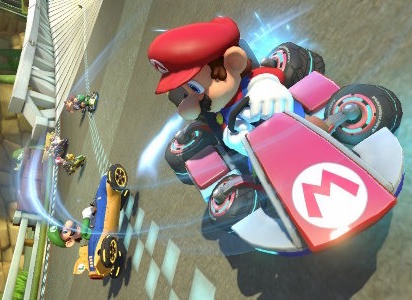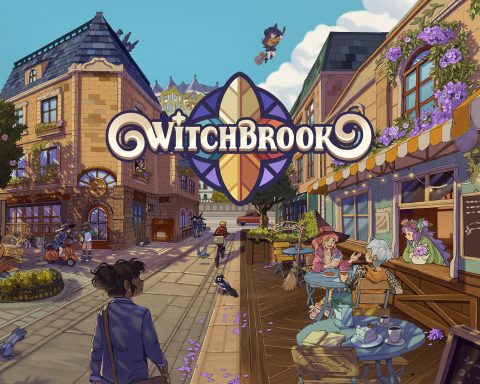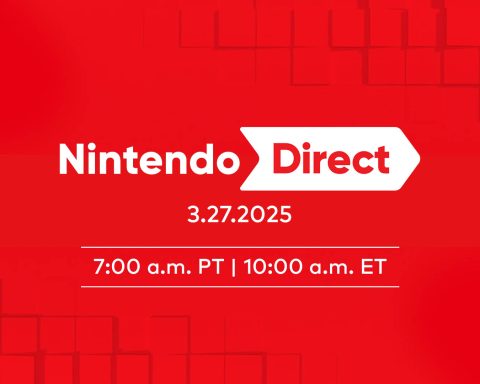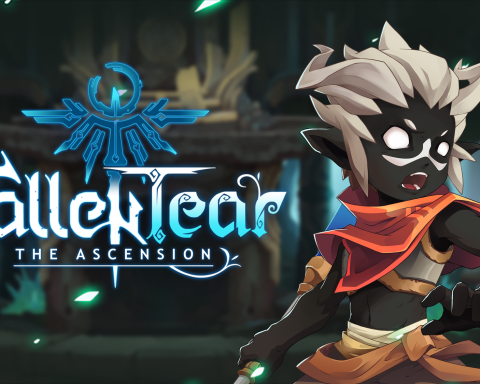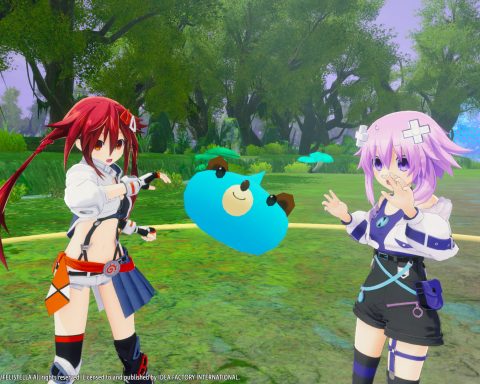Opinion by Matt S.
There we go. We finally know something about the Nintendo NX, now formally titled “Switch.” Not nearly enough, and I’ll get on to that in a moment, but we know something. Finally.
Related reading: A full run-down of the Switch trailer and news.
What we do know makes the Switch seem like a delight. A console that you play at home like normal, only to pull it off the TV and take it with you to play on the go like an iPad with buttons. It’s the Wii U’s Gamepad, if you could take the Gamepad with you overseas and still play your games on it. It’s a successor to the 3DS, because it’s Nintendo’s next generation of handheld, and it’s the successor to the Wii U as Nintendo’s next generation of home console. Finally, all your Nintendo goodness (aside from its new line of mobile games) will be on the one device.
The reveal trailer itself was only three minutes long and was more interested in showing people where they could play their Switch than its technical specifications or anything else to do with it. This would seem to be Nintendo’s attempt to position the device as a lifestyle product as much as anything else; something that would become a permanent part of your life, and that certainly gels well with the success that Nintendo has had with its DS line of handhelds.
There’s just one problem, and it’s a massive one. Nintendo still insists that the console will release in March 2017.
To read on, log in to your DDNet Premium account:

